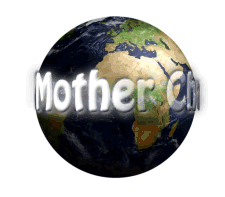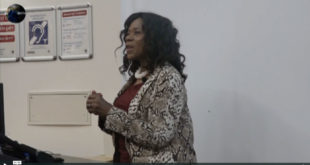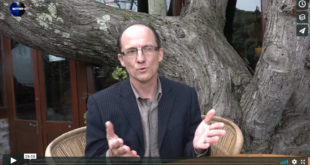In this exclusive Interview With Tomás Insua, Executive Director and Co-founder of Global Catholic Climate Movement, he addresses Catholic tradition in terms of the environment, faith tackling the climate crisis, a future improved world envisioned, political credibility and social crisis on a global level.
In response to your question of Catholics taking an interest in climate, the Catholic tradition of caring for the environment has been happening for many years, a prime example of “Care for Creation” is St Francis of Assisi from 13th century, named as patron saint of ecology by St. John Paul II about 35 years ago. The teachings of the last three popes have been emphasising “Care for Creation” as a key element of the faith life of a catholic, and a major development in the Catholic tradition was the release of the Laudato Si’ encyclical by Pope Francis in 2015 which integrates and sets out the foundations for how Catholics see “Care for Creation” and ‘“Care for a Common Home”.
When asked what Catholics should do about tackling the climate crisis, Insua responded saying that rooted in the ‘Laudato Si’ encyclical by Pope Francis they see their work as happening in three different dimensions, with each individual person, meaning Catholics and non-Catholics needing to work on the three dimensions of this crisis, namely *Spiritual ~ the understanding that the climate crisis is a spiritual and moral crisis and that it is to do with the way in which we all relate to creation and one another, *Change our own Lifestyles ~ the way we ‘consume’, produce, etc. transitioning to way more sustainable lifestyles and ultimately as *People of faith, the need to engage in the public sphere, engage in the political debates about the climate issues. We know that bold climate policies need to be implemented quickly, urgently and dramatically, and as people of faith raise our voices to speak out and show our ‘care for creation’, the issues at hand and stress the urgency of the climate crisis and get politicians and policy-makers to implement the environmental policies and actions that are so urgently needed.
In terms of an imagined ‘improved’ future, if we had done what we were supposed to do sooner, there are several areas where our world would be different, e.g. wealth and economy would be decentralized – this huge inequality we see today is a big driver of the ecological crisis, we would hopefully see greater equality resulting in more sustainable lifestyles, also transition of our energy to 100% renewable energy, which should be in full usage, and communities should own and make use of such energy systems. And most importantly, our focuses would lie in the wellbeing of people, having meaningful lives rather than consumerist lives that only find meaning through consumption, as opposed to economic growth.
He talks further with regards; a future for the children of today, political credibility, marginalised and global communities, and climate crisis = social crisis due to mankind’s overconsumption and addiction to fossils fuels, etc. which are doing more harm in long term.
An ecological transition needs to take place!……ultimately, it is up to the peoples of the world, and leaders will follow.
Links:
Global Catholic Climate Movement
10 key excerpts from Pope Francis’s encyclical on the environment
Laudato Si and Romano Guardini
 Mother Channel Environmental, climate change news and media.
Mother Channel Environmental, climate change news and media.



